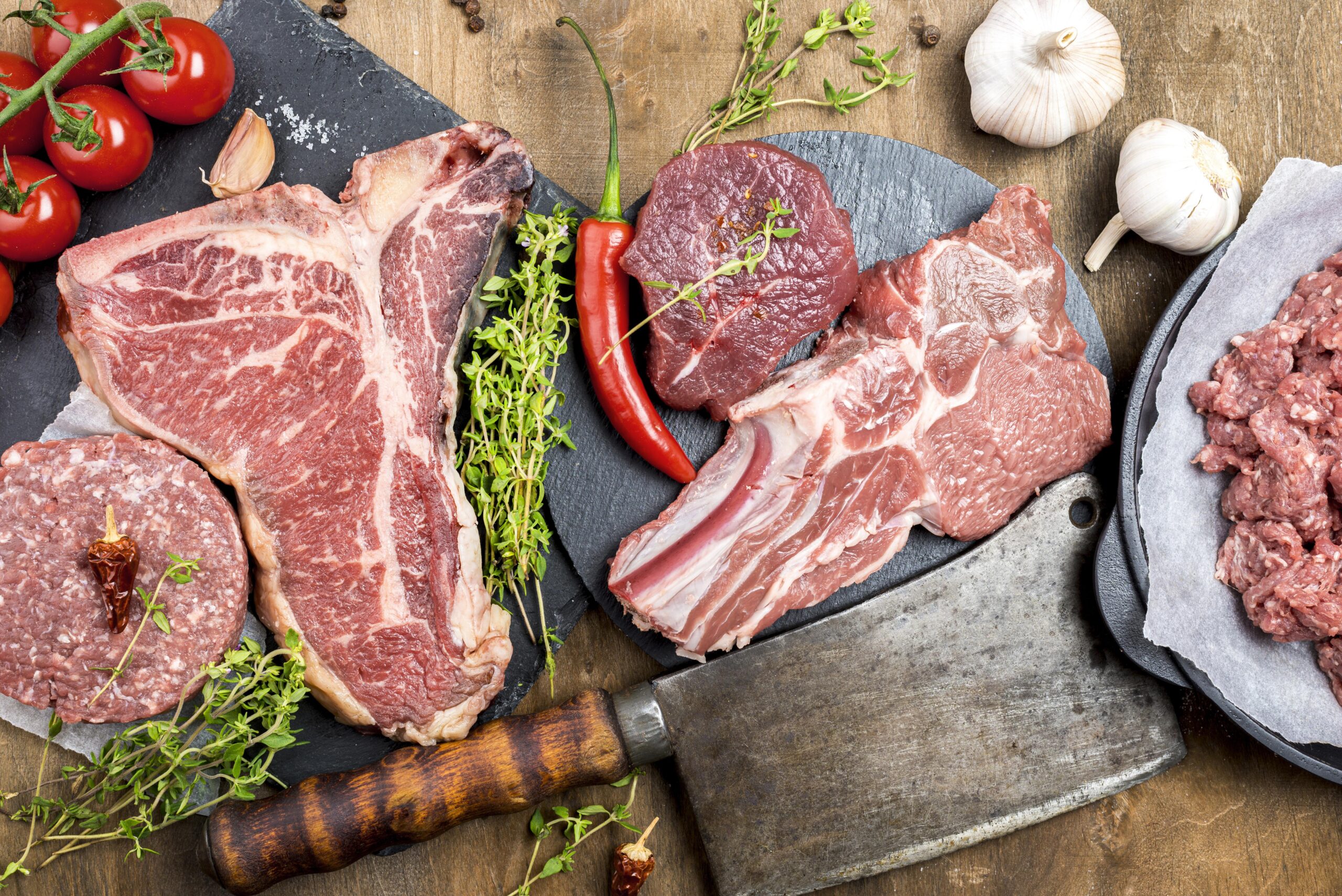
For many Muslim consumers today, the grocery store offers a wide variety of meat choices — but two labels often catch their eye: halal and organic. While both terms sound ethical and healthy, they actually refer to very different things. So, what’s the difference between halal meat and organic meat, and can they overlap? Let’s break it down in this HalaloHaram comparison and explore how they serve distinct purposes.
What Is Halal Meat?
Halal is an Arabic word meaning permissible or lawful according to Islamic law (Shariah). When it comes to meat, halal means:
The animal must be slaughtered in the name of Allah.
The slaughter must follow specific guidelines — the animal’s throat is cut quickly to minimize suffering, and all blood is drained.
The animal must be healthy at the time of slaughter.
Certain animals (like pork) are never halal, no matter how they’re raised.
Importantly, halal certification focuses on the religious permissibility of the meat, not necessarily on whether it was raised organically or fed certain diets.
What Is Organic Meat?
Organic meat is defined by how the animal was raised, not by religious rules. According to organic certification standards (like USDA Organic in the U.S.), organic meat means:
The animal was fed only organic feed (no antibiotics, hormones, or genetically modified organisms).
The animal had access to outdoor space and was treated humanely.
The farm followed sustainable, eco-friendly practices.
However, organic certification does not follow any Islamic guidelines or address religious concerns. For example, organic pork is still haram (forbidden), and organic beef or chicken is not automatically halal if it wasn’t slaughtered according to Islamic rites.
Key Differences Between Halal and Organic
| Feature | Halal Meat | Organic Meat |
|---|---|---|
| Based on | Islamic religious law (Shariah) | Environmental and animal welfare standards |
| Focus | Method of slaughter, religious permissibility | How the animal was raised and fed |
| Certification | Halal certification bodies | Organic certification agencies (like USDA) |
| Example | Halal beef, halal chicken (even if not organic) | Organic beef, organic chicken (may not be halal) |
Can Meat Be Both Halal and Organic?
Yes — but not always. Some farms and producers offer halal-certified organic meat, meaning the animals were raised according to organic standards and slaughtered following halal guidelines. However, you should look for both labels (or certifications) if you want meat that meets both criteria.
Why Does This Matter for Muslim Consumers?
For Muslims who want to follow Islamic dietary laws and make ethical or health-conscious choices, understanding the difference between halal and organic is important.
While halal ensures religious compliance, organic focuses on sustainability and animal welfare. Neither automatically guarantees the other, so informed shopping is key.
For anyone trying to follow a clear halal or haram food list, knowing how to distinguish between these labels can help you avoid confusion at the grocery store or restaurant.
Final Thoughts
In summary, halal meat and organic meat serve two different purposes — one is about religious obligation, the other about farming practices. As a Muslim consumer, you might choose halal, organic, or ideally, both, depending on your values and access.
Always read labels carefully, ask questions, and when in doubt, consult trusted halal certifiers to ensure you’re making choices that align with both your faith and your ethics.






















